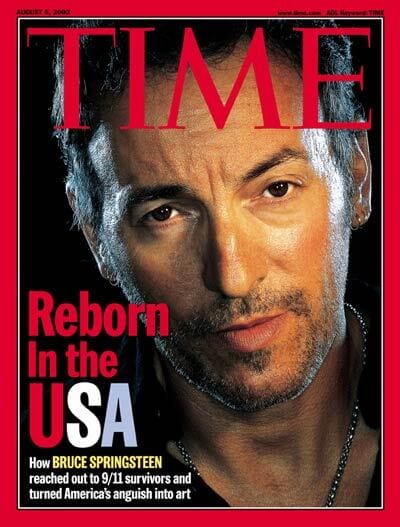| | By Made by History / Produced by Olivia B. Waxman | As they did during the previous Trump Administration, Americans have responded to the policy agenda of the current Trump presidency with widespread protests. Yet, the demographics at some of these demonstrations have skewed white and older. As Michael L. Rosino argues in Made By History, some of the most vibrant social movements in the past have been sustained by collaboration across social boundaries, including socioeconomic status, gender, and ethnicity. The Rainbow Coalition was born in 1969 Chicago when the Black Panther Party, the Young Lords Organization, the Young Patriots Organization, joined forces to tackle the injustices which affected all their communities. This model of cross-racial solidarity was exemplified earlier in the 1960s by the Student Nonviolent Coordinating Committee (SNCC) which engaged in outreach to both working-class African Americans in the South and middle-class white college students in the North. These collaborations made tangible progress, but they also suffered from internal conflicts over long term goals. Still, they offer a powerful reminder that multiracial solidarity, while difficult to sustain, has historically been key to transformative social movements. | The Dan David Prize, the largest history prize in the world (and a sponsor of Made by History), annually awards $300,000 each to nine early and mid-career scholars and practitioners in historical disciplines, acknowledging their outstanding achievements to date and to support future work. Anyone can nominate a practitioner in the relevant disciplines, and nominations for the 2026 Prize are open until Sept. 24. For more information visit dandavidprize.org/nominate. | |
|
| | | | | | | | | | | | | | | This week in 1954: Do-It-Yourself (DIY) |  | The Aug. 2, 1954, cover of TIME |
| Boris Artzybasheff |
| "In the postwar decade the do-it-yourself craze has become a national phenomenon…The great postwar hobby got much of its start from the war itself. During their service years, millions of Americans learned for the first time how to repair radios, engines and dozens of other machines. Housewives who had been punch-press operators, welders and electronics technicians found that it was no trick to fix a leaky faucet or paper a room, especially as it was hard to hire anyone to do it. Doing it herself was also less expensive, since the wages of carpenters and plumbers had jumped far higher than those of many other workers." |
|
| READ MORE » |
|
| | This week in 1981: Prince Charles and Princess Diana |  | The Aug. 3, 1981, cover of TIME |
| TIME |
| "Charles is expected to continue, and perhaps even slightly increase, his mother's stringent sense of the equilibrium of the monarchy. A few of his subjects are even anxious for him to give it an early start and have begun speculating on the possibility of the Queen's abdicating. As far as the Windsors and those closest to them are concerned, such talk is pure fiction…Last week a source close to the royal family told TIME: 'It is a fair assumption that the Queen will continue on the throne for as long as her health permits, and she, with her family's support, feels she has a useful job to do for the state.' One member of the immediate family also made it quite clear that Charles will have a long wait—perhaps 20 or 25 years—before he takes the throne." |
|
| READ MORE » |
|
| This week in 2002: Bruce Springsteen |  | The Aug. 5, 2002, cover of TIME |
| Gregory Heisler |
| "Springsteen himself has held exactly one real job. For a few weeks in 1968 when he was 18, he worked as a gardener. But his gift is not horticulture. His great gift–the one that makes him the best rock 'n' roll singer of his era–is empathy. Springsteen doesn't know what a 40-hour workweek feels like, but he knows how a 40-hour workweek makes you feel. 'If you roll out of bed in the morning,' he says, 'even if you're the deepest pessimist or cynic, you just took a step into the next day. When I was growing up, we didn't have very much, but I saw by my mom's example that a step into the next day was very important. Hey, some good things might happen. You may even hold off some bad things that could happen.'" |
|
| READ MORE » |
|
|  | |
|
Comentarios
Publicar un comentario